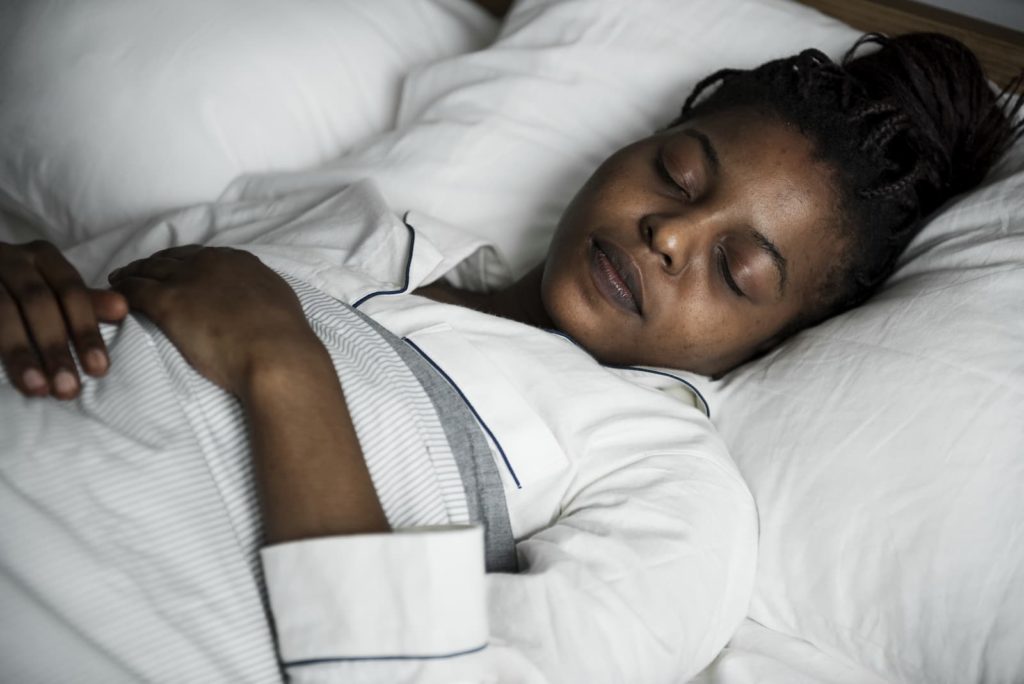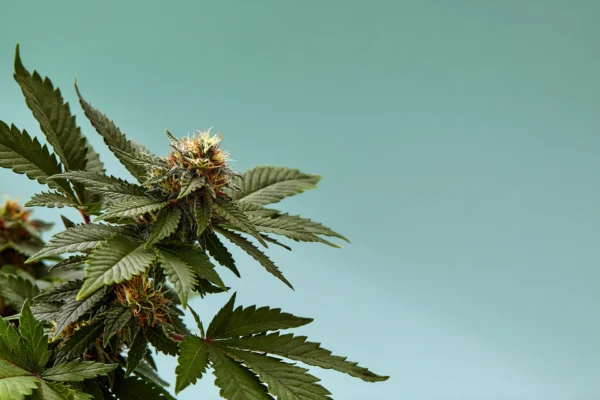Insomnia is a prevalent condition that affects one in ten people in the UK, significantly impacting their quality of life, mood, and daily activities. While there are existing treatments, some have limitations, such as potential risks of dependency with long-term use. This has led many to explore alternative therapies, including medical cannabis.
A clinical review co-authored by clinicians at Curaleaf Clinic and published in the British Journal of Neuroscience Nursing provides an overview of the current evidence on medical cannabis for insomnia. This article offers a clear perspective on the state of the research and the prescribing guidelines in the UK.
Insomnia and Current Treatments
Insomnia is defined as dissatisfaction with the quality or quantity of sleep for at least three nights a week over three months or longer, despite having a sufficient opportunity to sleep. People with insomnia often spend more time awake and their brains may be in a state of increased arousal, which can impair sleep quality.
Standard treatments for insomnia often begin with sleep hygiene education and cognitive behavioural therapy for insomnia (CBT-I). However, access to CBT-I can be limited due to a shortage of trained providers. This often leads to the use of medications like benzodiazepines, which are effective for short-term use but have limited evidence for long-term efficacy and carry a potential risk of dependency.
Medical Cannabis and Sleep: The Current Evidence
The review notes that cannabis-based medicinal products (CBMPs) are an emerging class of medications for insomnia. The main active compounds are cannabidiol (CBD) and delta-9-tetrahydrocannabinol (Δ-THC). Pre-clinical studies suggest that these cannabinoids may have sleep-promoting properties, potentially by acting on the body’s endocannabinoid system, which is involved in regulating sleep.
Here’s what the review highlighted about the clinical evidence:
- Small-Scale Studies: Some small, randomised controlled trials have shown that certain CBMPs may lead to improvements in subjective sleep quality. However, many of these trials are limited by small numbers of participants, short follow-up periods, and a lack of consistent product types, which makes it difficult to form a consensus on their effectiveness.
- Real-World Data: The review also points to promising real-world evidence from the UK Medical Cannabis Registry. One study showed that patients prescribed CBMPs for insomnia reported changes in subjective sleep quality, anxiety symptoms, and overall health-related quality of life over a six-month period.
- Insomnia and other conditions: Much of the evidence on the clinical efficacy of CBMPs on sleep is derived from studies of other conditions, such as chronic pain, multiple sclerosis, and cancer. Systematic reviews report changes in sleep quality in patients with these conditions, supporting the findings of observational studies.
- Adverse Events: The most commonly reported adverse events with medical cannabis are usually mild and include fatigue, dry mouth, headache, and lethargy. Patients often develop a tolerance to these effects over time, which is why a low starting dose and slow titration are often recommended.
As highlighted in a recent blog post, the evidence about the effects of CBMPs on sleep is still unclear, with recent evidence suggesting that a specific formulation is associated with disruption of rapid eye movement (REM) sleep. This is the period of sleep which is most restorative.
UK Prescribing Guidelines
It’s important to understand the UK’s regulations regarding medical cannabis. Since 2018, unlicensed CBMPs can be prescribed, but only under specific conditions:
- The patient must have a condition that has not responded to a sufficient number of licensed medications.
- The prescription must be initiated by a specialist doctor on the General Medical Council’s specialist register with relevant expertise.
- This decision must be supported by a multidisciplinary team.
For this reason, prescriptions for medical cannabis for insomnia are largely limited to specialist clinics in the UK.
Conclusions
The review highlights that while the current evidence on medical cannabis for insomnia is promising, it is still developing. More high-quality, large-scale studies are needed to confirm the potential benefits. This careful and considered approach ensures that medical cannabis is prescribed in a responsible way, prioritising patient safety and clinical integrity.
Disclaimer: This blog post is for informational purposes only and is based on a specific clinical review. It is not medical advice. The efficacy and safety of medical cannabis have not been established. Patients should always consult a qualified healthcare professional before making any decisions about their treatment.



